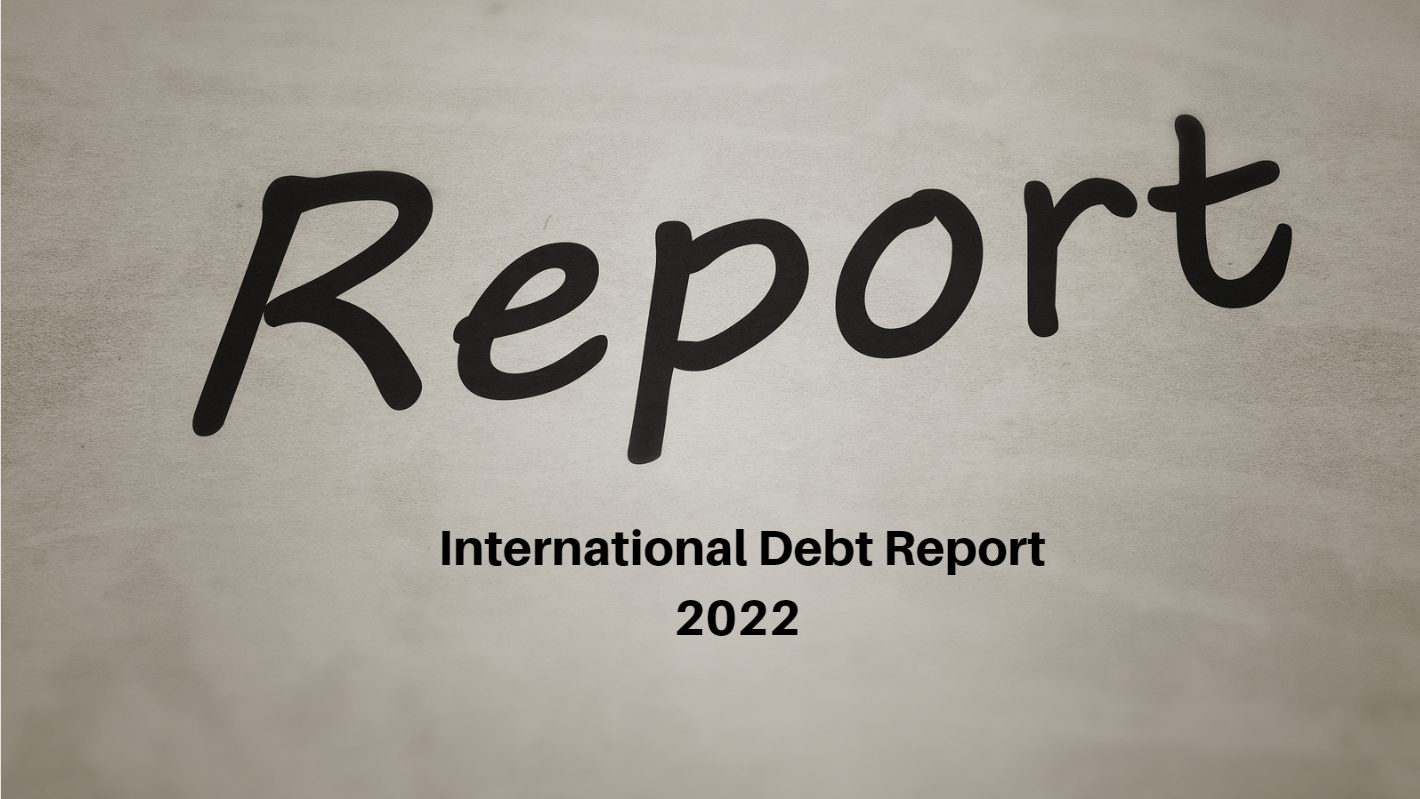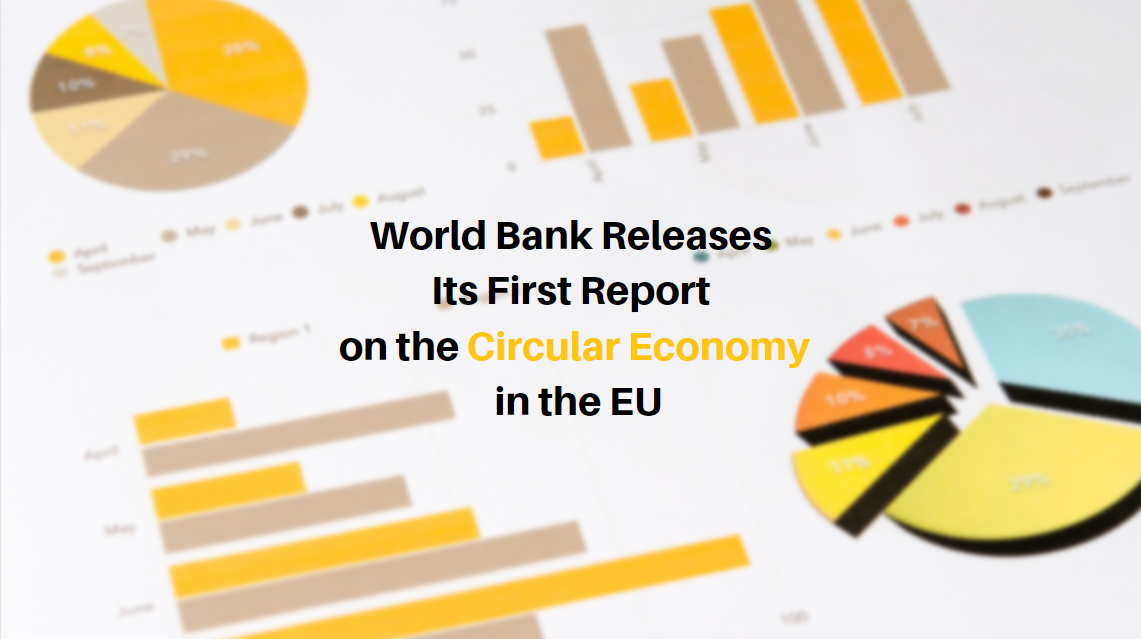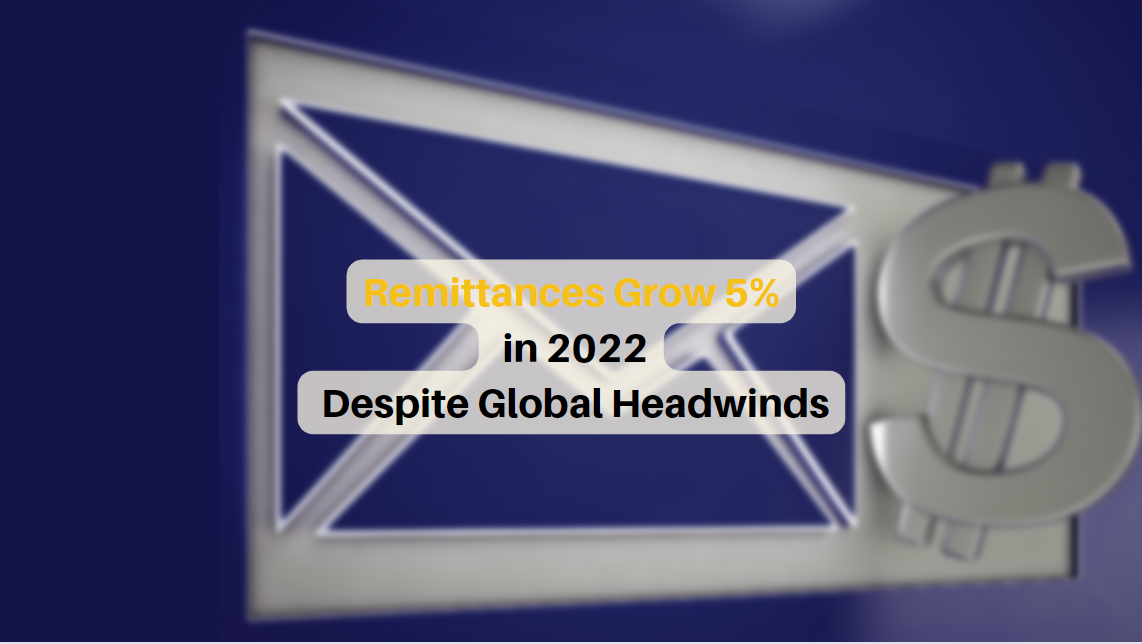Evaluation Insight Note : Transport Decarbonization
Download ↓
Transport is a priority action area under the World Bank’s Climate Change Action Plan. Climate action in the transport sector is essential as the sector emits approximately 24 percent of the global total of energy-related carbon emissions and, without aggressive measures, the World Bank expects emissions from transport to grow 60 percent by 2050. This EIN was guided by the overall question: How has the World Bank been approaching transport decarbonization To answer this question, the note uses existing evidence from the self-evaluation system of the World Bank, including Implementation Completion and Results Reports prepared by the project teams and the associated Independent Evaluation Group (IEG) validations, relevant information from other project documents, literature from policy and academic sources, advisory services and analytics, country strategies, and existing IEG evaluations. This systematic review provided the basis for four main insights into the current patterns of World Bank work on transport decarbonization and the identification of a range of potential actions to exploit opportunities for decarbonization: (i) The World Bank has steadily increased the number of projects with decarbonization content, especially in low income countries, and has recently put together a strong knowledge base on transport decarbonization. (ii) Nevertheless, transport decarbonization in World Bank lending remains timid against the needed contributions to the Climate Change Action Plan. (iii) Country-specific decarbonization diagnostics and analytical work has been limited, and transport decarbonization seldom makes it onto the World Bank’s strategic country agenda. (iv) The World Bank has rarely measured transport decarbonization directly.























































First, please LoginComment After ~